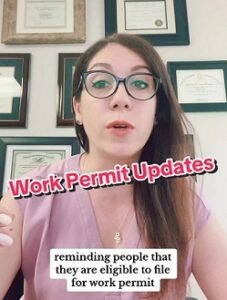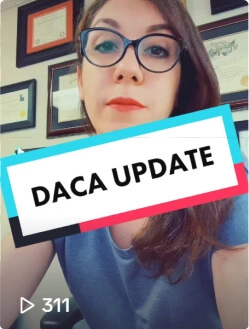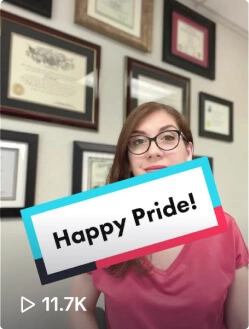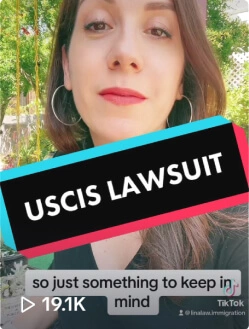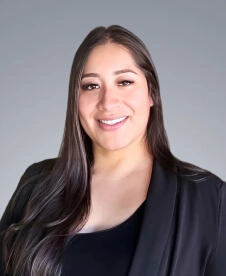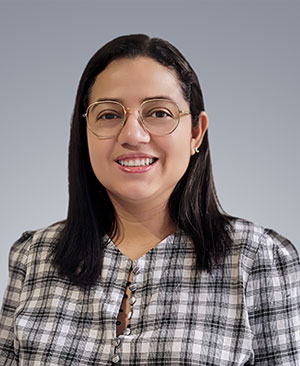For many immigrants, U.S. citizenship represents the culmination of years of hard work and dedication. But for some with disabilities, standard naturalization requirements around English and civics testing can seem like insurmountable barriers.
This is where Form N-648 comes in. Submitted by medical professionals, Form N-648 provides a pathway for citizenship applicants with certain physical or mental impairments to request accommodations.
Keep reading to understand what Form N-648 entails, who’s eligible, and how to leverage it to achieve your naturalization goals.
What is Form N-648, and Who Needs It?
Form N-648, officially called the “Medical Certification for Disability Exceptions,” allows citizenship applicants to waive the English and civics requirements if they have medical conditions preventing them from fulfilling these.
Specifically, U.S. Citizenship and Immigration Services (USCIS) states that N-648 accommodations apply to those with physical or developmental disabilities or mental impairments. Examples range from vision, hearing, or mobility impairments to Down syndrome, depression, or dementia.
The key is that the disability makes it unfeasibly difficult or impossible for the applicant to learn basic English or gain sufficient knowledge of U.S. history and government. Form N-648 provides the medical evidence to certify this.
Completing and Submitting Form N-648
If you believe your situation qualifies for an N-648 disability exception, working closely with your doctor or licensed medical professional is crucial.
Here’s what the process entails:
Specific Instructions for Filling Out Form N-648
The latest edition of Form N-648 (expiring 03/31/2025) contains six sections. Applicants or their representatives provide biographical information in Parts 1-3.
Medical professionals complete Parts 4-6, including:
- Relevant medical codes and diagnoses (Part 4)
- Explanations of how the impairment limits English and civics learning (Part 5)
- Professional credentials, signature, and contact information (Part 6)
USCIS emphasizes providing as much detail as possible. Vague, incomplete N-648 forms often face scrutiny and denials.
Who Can Complete and Sign Form N-648?
Only licensed medical professionals can fill out Parts 4-6 of Form N-648. This includes:
- Medical doctors
- Doctors of osteopathy
- Clinical psychologists
- Licensed clinical social workers
Whoever completes the N-648 must sign and provide their name, address, license information, and contact details. USCIS follows up directly with them as needed.
Submitting Form N-648 to USCIS
Once finished, submit Form N-648 with your Application for Naturalization (Form N-400). You can also bring your completed N-648 to the naturalization interview.
Just be aware that successfully filing Form N-648 doesn’t automatically guarantee that you’ll be excused from the English and civics tests. USCIS officers still review each case.
Qualifying Medical Conditions for Form N-648
USCIS maintains sole discretion over which disabilities or impairments warrant an exception. But, many physical, mental, and developmental conditions can qualify if properly documented.
Physical Disabilities and Medical Conditions
Physical disabilities related to vision, hearing, or mobility often qualify for N-648 waivers. Examples include blindness, deafness, paralysis, amputation, cerebral palsy, muscular dystrophy, and other musculoskeletal conditions.
Likewise, medical conditions like cancer, HIV, epilepsy, heart disease, diabetes, and asthma could prevent someone from learning if the impairment is severe enough.
Developmental Disabilities
Developmental conditions like Down syndrome, fetal alcohol spectrum disorders, and significant autism spectrum disorders frequently qualify for N-648.
The key is certifying how the developmental disability makes learning English or civics impossibly difficult despite one’s best efforts.
Mental Impairments
Many different mental health conditions can potentially qualify, including anxiety disorders, PTSD, clinical depression, schizophrenia, dementia, and bipolar disorder.
A licensed clinical psychologist or psychiatrist must clinically evaluate and diagnose the mental impairment. They must also explain how it limits English and civics comprehension.
The N-648 Disability Exception and Naturalization Interviews
Getting Form N-648 approved is crucial, but it is not a guaranteed waiver. Here’s what to expect if you bring Form N-648 to your interview:
What Happens at the Interview?
USCIS officers carefully review Form N-648 alongside your naturalization application. They assess the evidence and explanations of how your disability prevents fulfilling English/civics requirements.
If your N-648 is approved, congratulations! The USCIS officers will conduct your entire interview in your native language, so be sure that you have an interpreter with you.
Potential Denial of Form N-648 Requests
Unfortunately, USCIS still denies many Form N-648 requests. Vague or insufficient medical evidence is often the downfall.
If your N-648 gets denied, ask the officer if you can still take simplified English and civics tests if you meet one of the English exemptions based on your age and length of permanent residence. Study and practice these tests in your native language.
If you do not meet one of the exemptions, the officer will proceed with the interview as you did not submit an N-648, meaning that the entire interview will be in English, and you will be required to meet the English and civics requirements.
Getting a consultation from an attorney experienced with N-648 cases can also help overcome denials and gain accommodations.
Leveraging Form N-648 for Your Citizenship Goals
As an immigrant with a disability, Form N-648 provides a pathway to potentially waive standard English and civics requirements for naturalization. At the end of the day, accommodations exist, so disability doesn’t have to be a barrier to citizenship. Form N-648 simply ensures you have the tools to fulfill this dream.
But the process has its challenges. Work closely with your medical team to thoroughly document your conditions. Don’t hesitate to leverage our legal team at the Law Office of Lina Baroudi to navigate the system successfully. Contact us today for a consultation.







